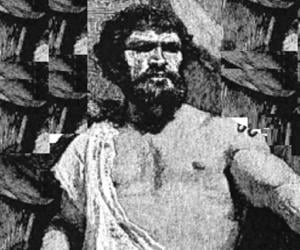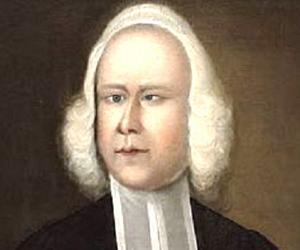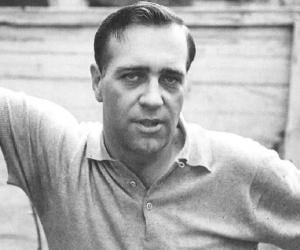Barabbas is a biblical character mentioned in the four gospels of the New Testament. Though the story appeared in the ancient versions of the gospels of Mark, Matthew, and John, scholars believe it was added to Luke much later. Not much is known about Barabbas’s history, except that he was probably a rebel or a bandit who had been imprisoned by Roman authorities. Before the Passover feast, the crowd chose Barabbas, over Jesus Christ, to be released, according to the tradition of the “Paschal Pardon.” Pontius Pilate, the Roman governor, thus released Barabbas. Following this, Jesus was crucified. Historians differ over the authenticity of the story, with some claiming that it was invented to normalize anti-Semitism and to blame Jews for Jesus’s death. Others believe the tale does not have any historical significance, as it has not been mentioned anywhere else except the gospels.









